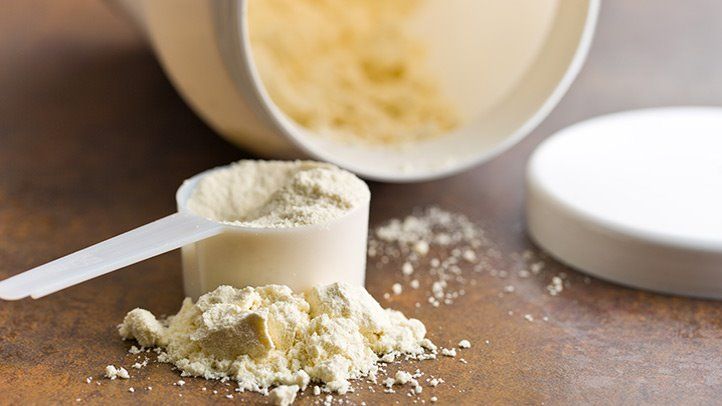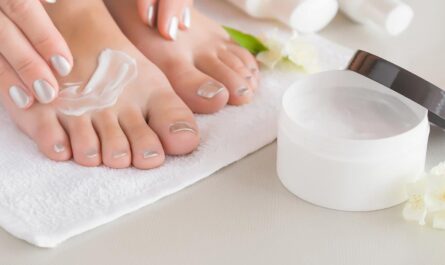Introduction
Acne is a common skin problem affecting people of all age groups. While there are several medical treatments available for acne, cosmetic products specifically formulated for acne-prone skin can also help control breakouts and soothe inflamed skin. These anti-acne cosmetics aim to unclog pores, regulate oil production and fight acne-causing bacteria.
Benefits of Anti-acne Cosmetics
Anti-acne cosmetics offer several skin-benefitting properties that help manage acne without harsh side-effects often associated with oral medication.
Pore cleansing
Many anti-acne foundations, BB creams, cleansing gels and face washes contain salicylic acid, which is a beta hydroxy acid (BHA) known for its deep pore-cleansing properties. By loosening debris and oils stuck within pores, salicylic acid helps prevent new pimples from surfacing. Glycolic acid, another AHA, also thoroughly sweeps off dead skin cells to unclog pores when present in facial exfoliators.
Oil control
One of the major causes of acne is excessive sebum production. Anti-acne cosmetics address this using oil-absorbing ingredients like kaolin clay and starch to curb shine throughout the day. Gel-based moisturisers, lightweight BB creams and oil-free sunscreens help control sebum without causing more breakouts. Zinc-based formulations have stringent properties for acne-prone skin.
Fighting bacteria
P. acnes bacteria thriving in pores is a key trigger for inflammatory acne. Anti-acne cosmetic formulations often contain antibacterial essential oils such as tea tree oil or antibacterial compounds like benzoyl peroxide to keep breakouts at bay by eliminating pore-clogging bacteria.
Soothing redness
Inflamed pustules and papules cause embarrassment due to resulting redness. Anti-acne cosmetic products formulated with soothing plant extracts and vitamin B5 calm irritated skin, reducing inflammation. This helps improve the appearance of existing lesions.
Ingredients that Deliver Results
While all anti-acne cosmetics share the goal of clearer skin, specific ingredients make certain products more effective.
Salicylic acid: A Beta Hydroxy Acid, salicylic acid is a powerhouse for unclogging pores and preventing new breakouts. Creams and washes with 1-2% salicylic acid are ideal for treating moderate acne.
Benzoyl peroxide: With antibacterial qualities, benzoyl peroxide is a popular active found in anti-acne spot treatments and facial washes to zap existing pimples and prevent new ones. Concentrations between 2.5-10% work best.
Tea tree oil: Well-known for its antimicrobial effects, tea tree oil fights pore-clogging bacteria when present in face washes, toners and serums. Look for 5% concentrations.
Retinoids: Dermatologist-recommended retinol and granactive retinoids help expedite cell turnover and unclog pores over time with continued use. They come in gentler forms for OTC anti-acne skincare.
Niacinamide: Possessing both anti-inflammatory and sebum-regulating properties, niacinamide helps soothe acne-prone skin when present around 5% concentrations in serums and moisturisers.
Zinc: With anti-inflammatory and anti-bacterial qualities, zinc supplements acne treatment when present in 2-5% amounts in creams, gels and sticks. It promotes wound healing of lesions.
Effective Anti-acne Cosmetic Routines
Having acne does not mean one has to forego effective skincare. With the right combination of anti-acne cosmetic products catering to individual skin needs, clear and healthy skin is achievable.
For oily skin:
A gel or cream cleanser with salicylic acid deeply cleans pores without stripping the skin. A niacinamide or zinc-based serum helps control sebum and redness. A lightweight moisturizer shields without clogging pores. A water-based sunscreen provides protection from UV damage.
For combo skin:
A gentle milk or cream cleanser effectively removes dirt without aggravating dry patches. Exfoliating with an AHA- or BHA-toner twice a week removes dead skin and prevents breakouts. A gel moisturizer hydrates oily T-zones while soothing dry areas. Spot treatment on pimples with benzoyl peroxide helps treat existing acne faster.
For sensitive skin:
Cleansing with plain milk or cream cleanses without irritation. A calming serum containing madecassoside, Allantoin or Ceramides soothes redness and replenishes moisture. Healing moisturizers supply hydration without flare-ups. Mineral sunscreen shields without further irritating breakouts.
With continued use of anti-acne focused cosmetic products suited to individual skin type and acne severity, clearer skin is within reach without reliance on oral treatments alone. Consistent routines, alongside lifestyle changes, help manage and prevent breakouts effectively over time.
Conclusion
In summary, anti-acne cosmetics are effective skincare allies for acne-prone skin, delivering solutions for unclogging pores, controlling oil, fighting bacteria and soothing inflammation – leading to reduced breakouts and healthier complexions over time. When incorporated properly based on skin type and needs, these cosmetic formulations empower clearer skin naturally without side-effects.




